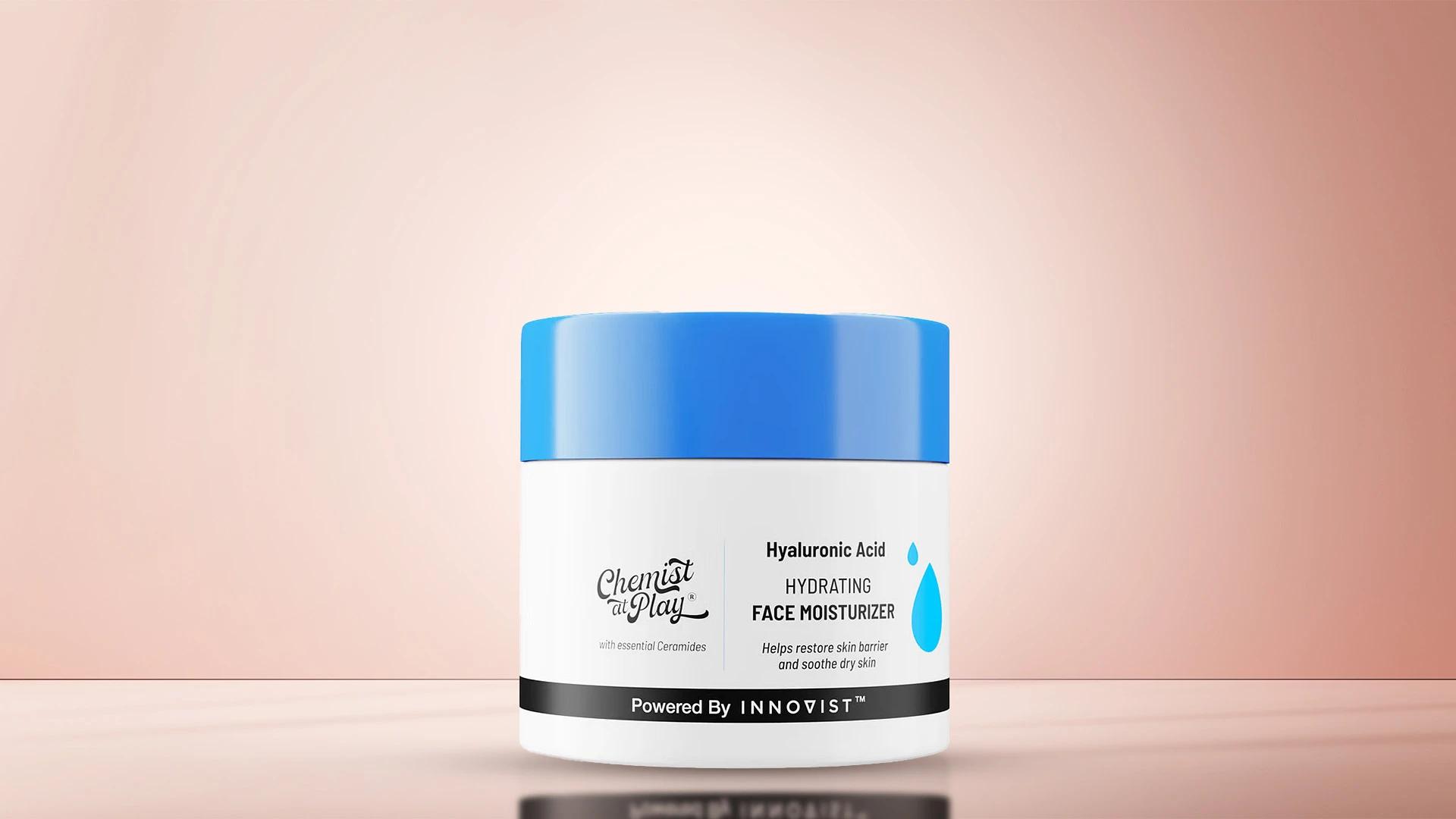and maintaining that perfect
hydration balance. Plus, it helps regulate your
skin microbiome, keeping the good bacteria happy and the troublemakers at bay.
Signs of a Weakened Skin Barrier
Recognising the symptoms of a compromised skin barrier is the first step towards strengthening it. Your skin has its own way of telling you when something's not quite right, and these signals are worth paying attention to.
• **Dryness and flakiness** that won't budge with regular moisturiser
• **Increased sensitivity** and irritation from products that used to be fine
• **Acne breakouts** in unusual places or patterns
• **Slow healing** of minor cuts, spots, or blemishes
• **Dull and
uneven skin tone** that makeup can't seem to fix
Natural Methods to Strengthen Your Skin Barrier
The beauty of
barrier repair lies in simple, natural approaches that work with your skin rather than against it. These methods focus on supporting your skin's natural healing processes and giving it what it needs to thrive.
Gentle Cleansing for Epidermal Protection
Your cleanser sets the tone for everything else in your routine. Look for pH-balanced formulas that won't strip your skin's natural oils. Cream cleansers and oil cleansers are often gentler than foaming ones. If your skin feels tight after cleansing, that's your cue to switch to something more nurturing.
Moisturising for Enhanced Moisture Retention
Moisturisers work in three ways: occlusives seal in moisture, humectants draw water to your skin, and emollients smooth things over. Natural ingredients like hyaluronic acid, squalane, and shea butter are brilliant for supporting your
lipid layer

 100 g
100 g 50 gm
50 gm 100 gm
100 gm 175 gm
175 gm